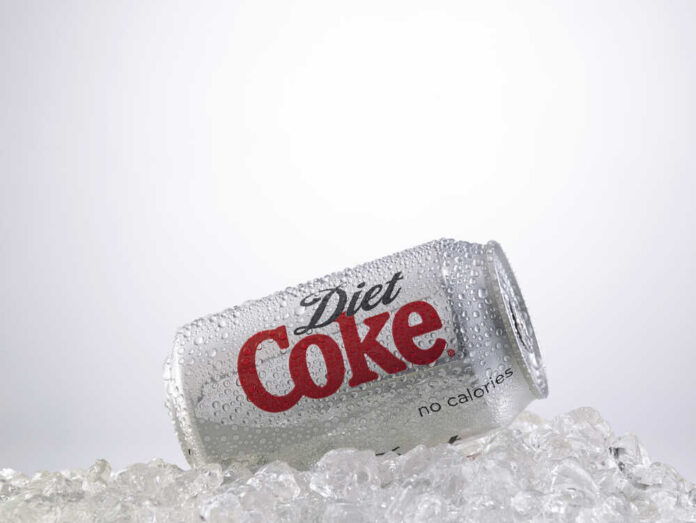
Aspartame, one of the most commonly-used artificial sweeteners in the world, is set to be deemed a possible carcinogen later this month, according to sources who spoke with Reuters.
Reuters reported last week that sources say that the W.H.O.’s International Agency for Research on Cancer (IARC) plans to list aspartame as “possibly carcinogenic to humans.”
Aspartame is used in countless sugar-free products from diet soft drinks to chewing gum.
According to Reuters, the IARC’s ruling was finalized in early June during a meeting of the group’s outside experts. The ruling is aimed at assessing published evidence to determine whether or not something is a potential health hazard.
However, the ruling does not account for how much aspartame can be safely consumed. That decision will be made by the Joint WHO and Food and Agriculture Organization’s Expert Committee on Food Additives (JECFA) which will work with national regulators in making that determination.
The JECFA also began meeting last week to review the use of aspartame. It is scheduled to release its findings on July 14, the same day the IARC makes its decision on aspartame public.
A spokesperson for IARC told Reuters that the committee’s findings, along with the findings of the JECFA, are confidential until July. However, the spokesperson said that the findings were “complementary” and the IARC’s conclusion represented “the first fundamental step” in understanding carcinogenicity.
The JECFA will conduct a “risk assessment” to determine the “probability” of cancer based on “certain conditions and levels of exposure,” the spokesperson told Reuters.
However, both regulators and the food and beverage industry fear that the IARC and JECFA holding their meetings around the same time could cause confusion.
Since it was approved by the FDA in 1981, aspartame was determined safe to consume by the JECFA within acceptable daily limits. According to the JECFA, an adult weighing 132 pounds would have to drink between 12 and 36 cans of a diet soft drink daily to be at risk.













